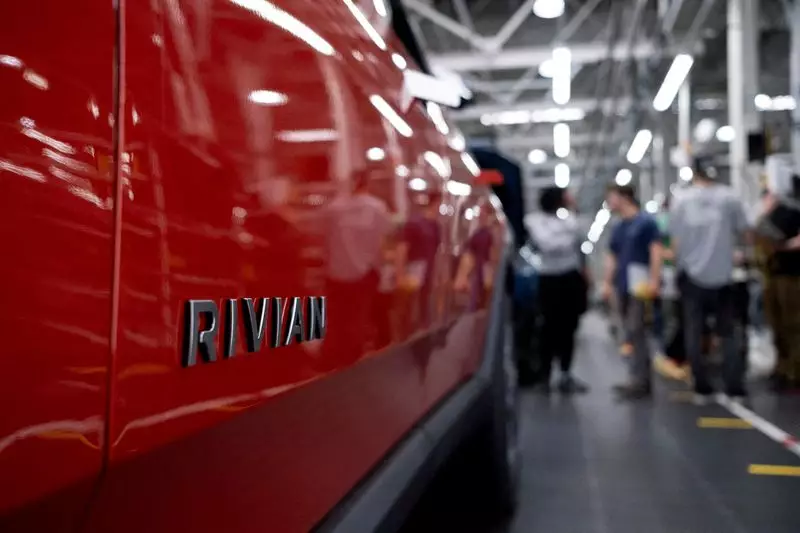In a significant shift within the automotive landscape, Rivian, an American electric vehicle (EV) manufacturer best known for its electric pickup trucks, has entered into a partnership with Volkswagen. This collaboration, forged through a joint venture, aims to revolutionize both companies’ approaches to EV technology. Rivian’s Chief Software Officer, Wassym Bensaid, recently highlighted the venture’s potential, indicating that discussions are underway with various Original Equipment Manufacturers (OEMs) regarding the supply of their cutting-edge software and electrical systems. This initiative underscores not only a diversification of Rivian’s business model but also highlights the need for traditional automakers to adapt quickly to the evolving technological demands of the market.
The partnership stems from Volkswagen’s substantial investment of $5.8 billion, designed to enhance Rivian’s advanced electrical infrastructure while effectively integrating Rivian’s proprietary software into the respective product lines of both companies. This venture allows Rivian to scale production, which is essential amidst a notable decrease in demand for EVs. The agreement aims to streamline supply chain negotiations and cut costs, offering Rivian the leverage needed to thrive in today’s competitive market. This strategic collaboration positions Rivian not only to bolster its own product offerings but also to assist traditional automakers who are lagging in the technological arms race.
The stringent requirements of modern vehicle systems necessitate a departure from conventional manufacturing paradigms. Rivian’s proprietary architecture minimizes reliance on numerous electronic control units and drastically reduces wiring needs. This innovative technological framework not only lightens vehicle weights but also simplifies the manufacturing processes. By embracing this framework, traditional automakers gain valuable access to technology that, until now, they have been slow to develop internally. Acknowledging the industry shift towards software-defined vehicles—capable of receiving updates much like smartphones—Rivian’s joint venture emerges as a key player that could fundamentally alter the distribution of automotive technology.
Bensaid noted that numerous OEMs are expressing interest in collaboration, a clear indication that Rivian’s leading-edge software and technology are deemed invaluable in this transitional phase towards electrification. As Rivian prioritizes launching its more affordable R2 SUV by 2027, it remains committed to integrating the new technologies into additional Volkswagen models. This dual approach not only accelerates Rivian’s production timeline but also opens the door for significant advancements across various brands under the Volkswagen umbrella.
Analysts from Canaccord Genuity predict that this joint venture could establish itself as a preferred platform in the Western automotive market, rivaling industry leader Tesla. By significantly alleviating financial concerns for Rivian through shared resources and technologies, the venture sets a foundation for future sustainability and growth in the rapidly evolving EV sector. As the automotive industry continues to transform, Rivian’s strategic alliances showcase a promising path forward in the ambitious transition to electrified transportation.

